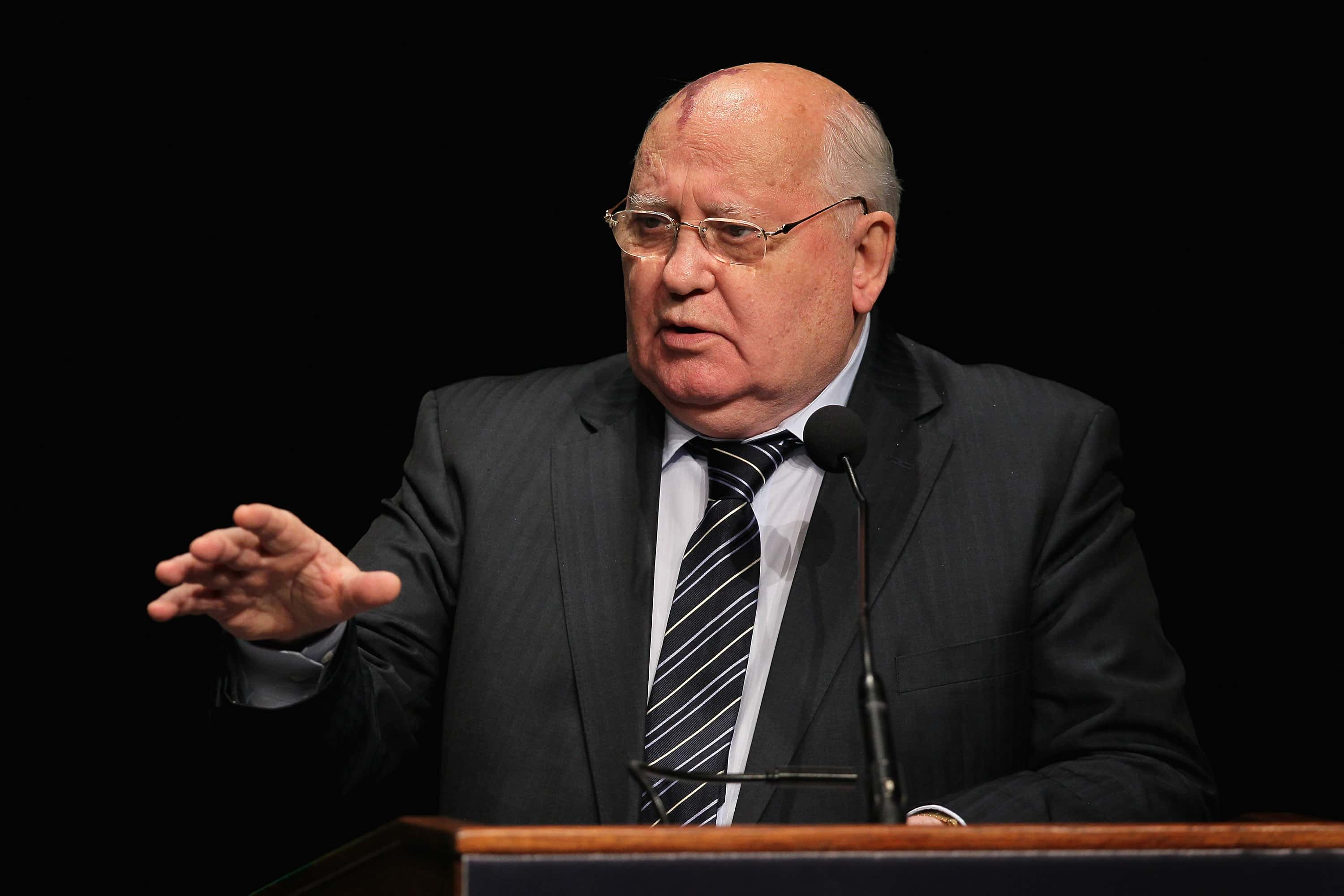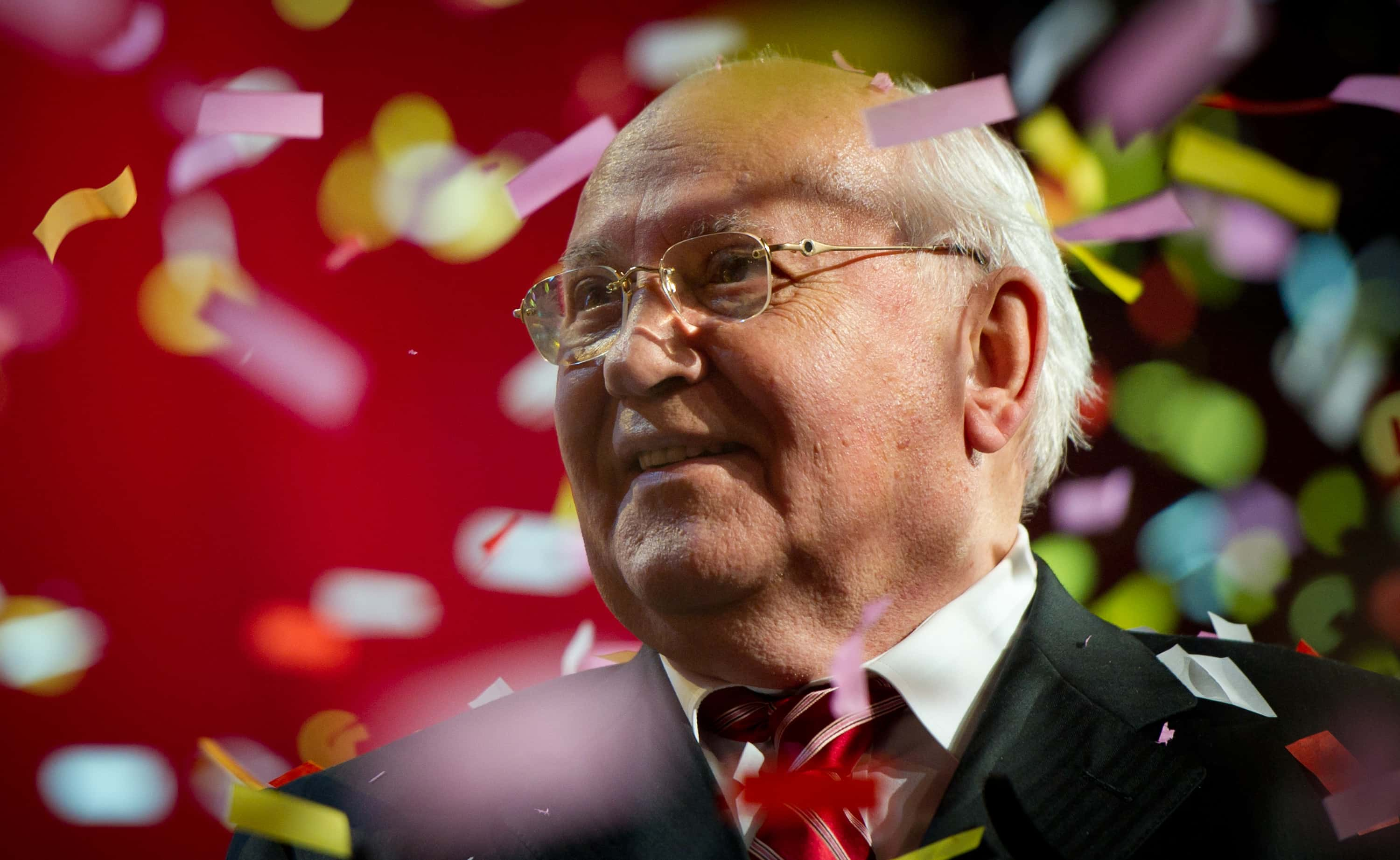How did Mikhail Gorbachev die? Last Soviet leader who ended Cold War, dies at 91

MOSCOW, RUSSIA: Mikhail Gorbachev, the last leader of the former Soviet Union from 1985 to 1991, died at the age of 91 after a long illness, according to a hospital in Moscow. Gorbachev is known for introducing major political and economic reforms in the USSR and also helped end the Cold War. Gorbachev was promoted to general secretary in 1985 and promised revolutionary anti-Stalinist reforms. He failed to shore up the ailing Soviet Union, but he successfully contributed to ending the Cold War with the United States. He was awarded the Nobel Peace Prize in 1990.
Several world leaders paid tribute to Gorbachev after his death, including Joe Biden. "These were the acts of a rare leader - one with the imagination to see that a different future was possible and the courage to risk his entire career to achieve it," Biden said in a statement, referring to Gorbachev's democratic reforms. "The result was a safer world and greater freedom for millions of people." "Mikhail Gorbachev was a man of remarkable vision," Biden added.
READ MORE
Belarusian armed forces hit by defections and resignations ahead of country joining Russian invasion
Has Mariupol fallen? Vladimir Putin claims victory despite holdout by 2,000 Ukrainian troops
Gorbachev was born in 1931 in the remote village of Privolnoye in southwestern Russia during the rule of Joseph Stalin. At the time, an estimated five million people died during the Soviet famine of 1932-33. Two of Gorbachev's uncles and an aunt were killed by the famine. His two grandfathers, one of whom founded the village's first communal farm, were sent to the Gulag labor camps a few years later.
Despite their struggles, the Gorbachev family's commitment to the communist cause remained strong. In 1948, his father Sergey received the prestigious Order of Lenin for harvesting over 800,000 kg of grain. Gorbachev was admitted to Moscow State College in 1950 to study law. Throughout his childhood, he excelled both academically and politically.
At the college, he met Raisa, who later became his wife. Raisa later became a lecturer in Marxist-Leninist philosophy and soon assumed the post of First Lady. Gorbachev and Raisa had a daughter together named Irina.

Stalin died in 1953 and Nikita Khrushchev, arguably the first "reformer" among Soviet leaders, then assumed the post of First Secretary of the Communist Party. Gorbachev rose gradually through the ranks under Leonid Brezhnev. He headed the Stavropol region for seven years and then was promoted to the coveted Central Committee in 1978.
Gorbachev became the General Secretary of the Communist Party in 1985. The following year saw the introduction of 'glasnost' or 'openness', which represented a major ideological shift in Soviet thinking. It provided a remarkable contrast to Stalin's authoritarian rule. Gorbachev introduced a series of anti-corruption measures and promoted scrutiny of the Kremlin, making freedom of the press and speech possible in the minds of citizens for the first time.

In 1987, he vented about Stalin, saying, "To remain faithful to historical truth, we have to see both Stalin's incontestable contribution to the struggle for socialism and the abuses committed by him and those around him, for which our people paid a heavy price and which had grave consequences for the life of our society. The guilt of Stalin and his immediate entourage before the party and the people for the wholesale repressive measures and acts of lawlessness is enormous and unforgivable."
Gorbachev then withdrew his troops from Afghanistan in 1988. This was after the Soviet Union had invaded the country nine years earlier as part of the Cold War. Gorbachev's isolationism and "glasnost" are believed to have inspired the revolutions of 1989, when people in Poland, Czechoslovakia, and East Germany rose up against Moscow.
At that time, according to the Brezhnev Doctrine, the Kremlin was allowed to intervene in any socialist state. Gorbachev abandoned this policy, and citizens could rise up without fear of repression. In 1985, he met with then US President Ronald Reagan in Geneva, laying the groundwork for closer relations between Washington and Moscow. This ultimately led to the end of the Cold War.
Gorbachev won the presidency in 1990, after which he proposed plans for further decentralization and privatization of the economy. He was now caught in the middle between the old guard and the new liberal challenger, Boris Yeltsin, and both wanted the leadership to choose between binary communism and capitalism. Yeltsin led the country into a new era, and Gorbachev was out of office. Yeltsin, along with 11 other Republicans, signed a decree dissolving the Soviet Union months later.










